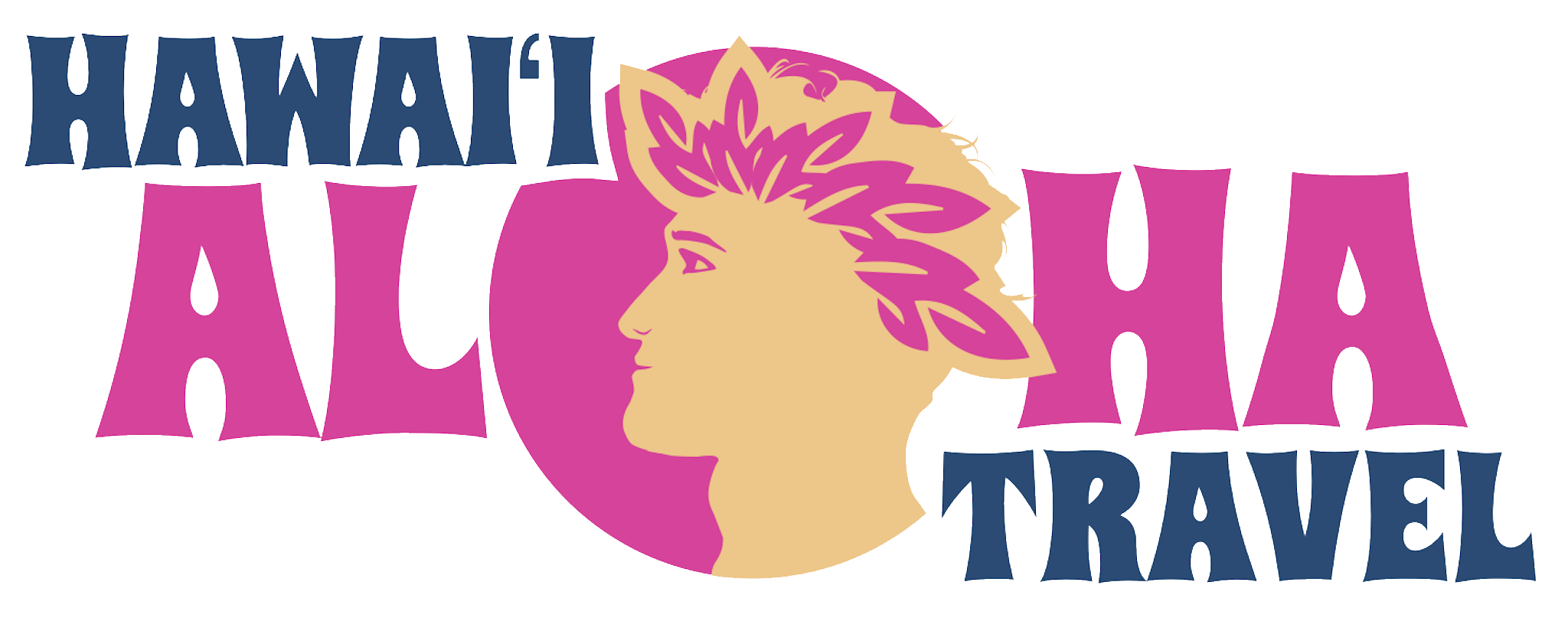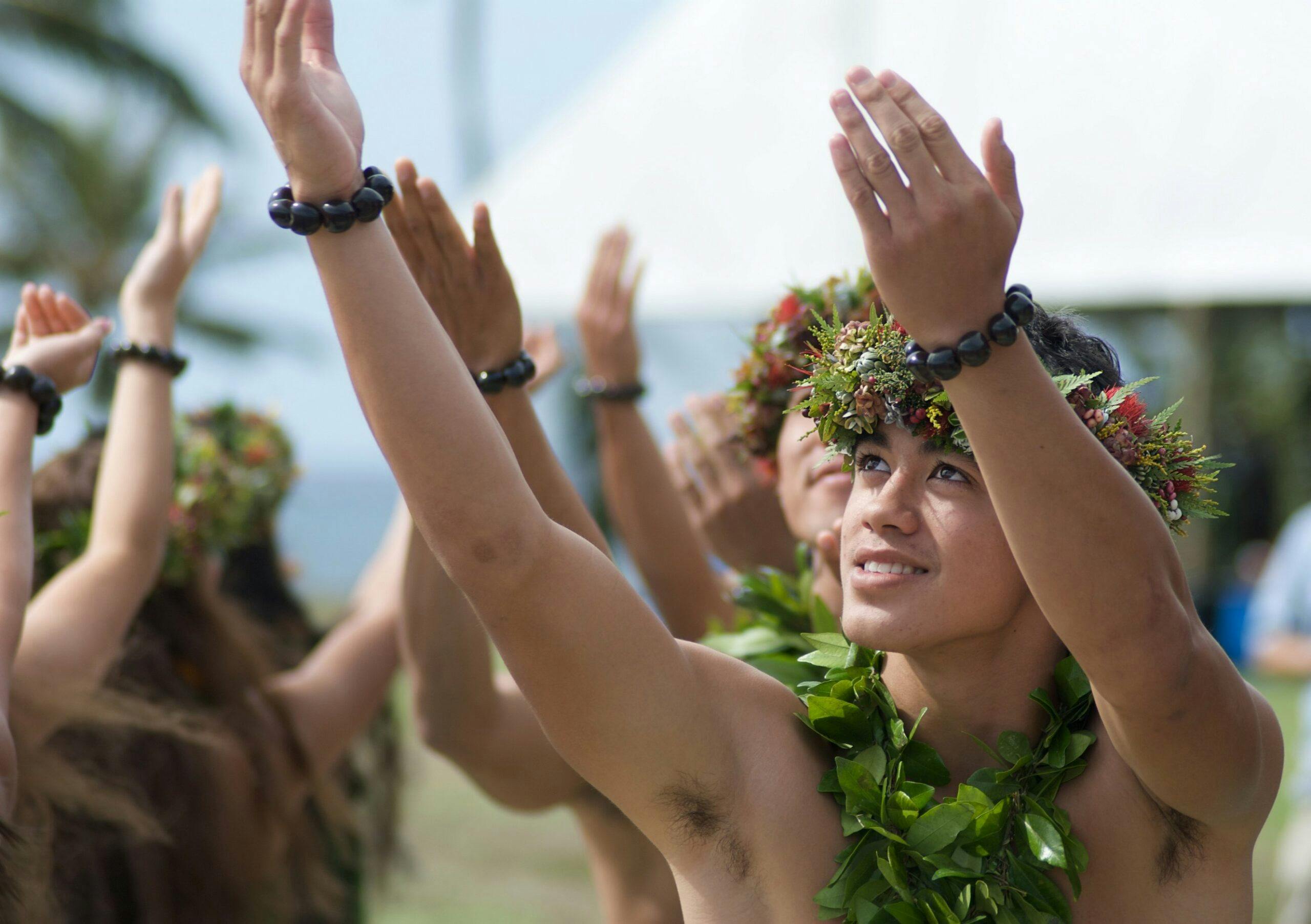Is Hawaiian a race? The answer to this question is complex and requires an understanding of Hawaii’s unique geographical and cultural history.
If you’re looking for the shortest answer, then yes – the U.S. Census lists Hawaiian as one of the five+ options for a person’s race (White, Black or African American, American Indian or Alaska Native, Asian, and Native Hawaiian or Other Pacific Islander).
Ahead, we’re unpacking the basics of what it means to be Hawaiian and where to go if you’re looking to dive into this fascinating (and important!) topic.
What Does it Mean to be Hawaiian?
In general, someone is Hawaiian if they have ancestors who are indigenous to the Hawaiian islands. Some programs designed to help Native Hawaiians require a certain blood quantum (for example, someone must be at least 50% Hawaiian to apply for Hawaiian Home Lands). However, most people in Hawaii will self-identify as Hawaiian even if they have a lower blood quantum.
So, if you’re wondering if Hawaiian is a race, then this supports that it is. Being Hawaiian is based on ancestry. Also, Hawaii’s unique history, culture, society, and geography set its people apart from other races and ethnicities.
Kanaka Maoli
The term Hawaiian isn’t a Hawaiian word at all! It’s a word created by English-speaking colonists. Instead, the Hawaiian word for Hawaiian is Kanaka, or Kanaka Ma’oli.
Native Hawaiians
Many people refer to Hawaiians as “Native Hawaiians” to emphasize the race’s unique identity.
Locals
In Hawaii, the term “local” is typically reserved for Kanaka or for residents with deep, long-time roots in the islands.
Polynesians and Pacific Islanders
In the U.S. Census, Native Hawaiians are listed as a sub-group of Pacific Islanders, a group of people with ancestry throughout the islands in the Pacific Ocean. However, you’ll hear more Native Hawaiians identify as Polynesian, a sub-area of the Pacific Islands.
Who is Not Hawaiian
Many people are apt to use the term “Hawaiian” the same way they’ll say Californian or Texan, which is to say that it’s anyone who is a resident of the state.
But this is not how it works in Hawaii. You could live in Hawaii your entire life. Your great-great-grandparents could have lived in Hawaii. But if you don’t have Native Hawaiian ancestry, then you’re not Hawaiian.
Kamaaina
Residents of Hawaii are called Kama’aina. This term includes people of any race who live in Hawaii full-time.
Is Hawaiian a Race that’s Prominent in Hawaii?
Native Hawaiians make up about 22% of Hawaii’s population. This includes people who identify as Hawaiian OR as Hawaiian plus other races.
But is Hawaiian a race that’s found only in Hawaii? Actually, only 47% of Native Hawaiians live in Hawaii, while over half live in other states. The number of Hawaiians living on the mainland is growing as they get priced out of their home state of Hawaii.
Why It’s Important to Understand
If you’re visiting Hawaii, it’s important to respect the islands’ unique cultures, traditions, and history. It’s also important to consider if Hawaiian is a race and why it matters to people living here.
But if you’re looking for a takeaway, two things are clear: (1) being born or living in Hawaii alone is not enough to be Hawaiian, and (2) being polite and sensitive to the host culture will get you a long way in Hawaii (or anywhere else).
Diving Deeper Into The Question: Is Hawaiian a Race
Each island has multiple places where you can learn more about Hawaiian as a race, culture, and group of people. We encourage Hawaii vacationers to visit The Bishop Museum on Oahu and Kaloko-Honokōhau National Historical Park on the Island of Hawaii (in Kona). Visiting museums and historical sights is a great way to better value your time on the islands.




